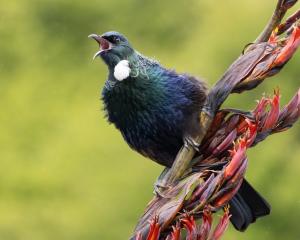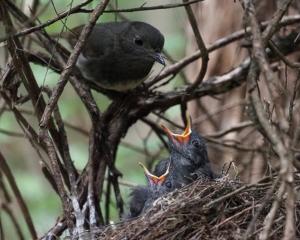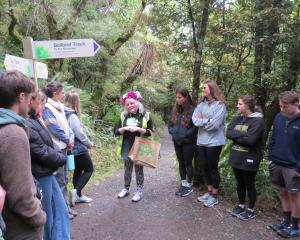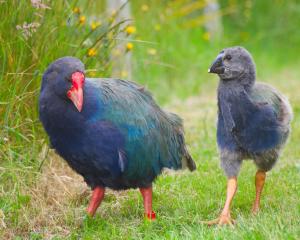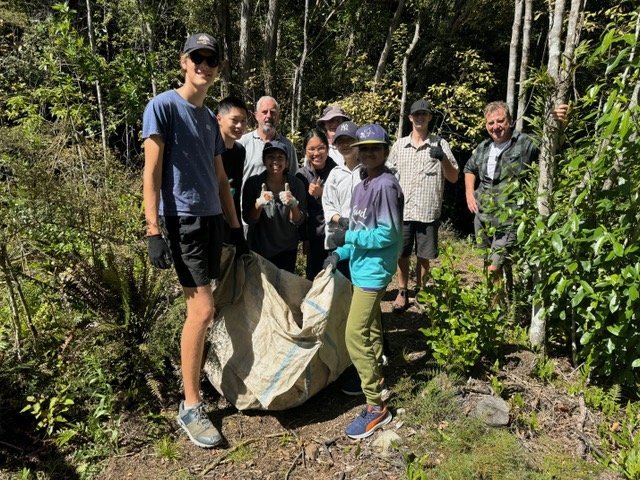

The first recorded instance of the use of the verb "volunteer" was recorded in the 1600s, originating from the Latin voluntarius — "voluntary, or of one’s own free will". While the look of volunteering may have shifted dramatically from early origins (where a military focus predominated), the idea of giving your time freely and willingly is very much alive today. The philosophy of volunteerism can be boiled down in many ways, but one simple summary could be the act of offering one’s services with no expectation of being compensated. Often seen as a morally virtuous action, volunteering is not something done because you must, but rather because you want to. However, the motivations vary widely — and to reduce it to "because I wanted to" is oversimplification.
Particularly in conservation volunteering, there is an element of wanting to give back to the environment; to do "your part" for the world around you. Reducing pest numbers via trapping to help taoka species thrive, or planting native trees to restore habitat — not only do these things provide feel-good rewards for those doing them, but can also create a tangible, positive change. So far so good! But what if this altruism brings more than one benefit?
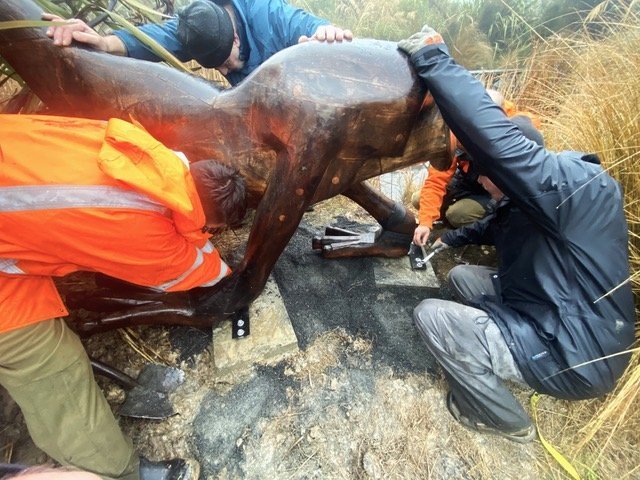
Many find physical, outdoor work a welcome change of scenery from their everyday work life, too. Indeed, we often host corporate teams here at Orokonui; with groups coming from local businesses to roll their sleeves up for a day of track maintenance or weeding. Some enjoyed themselves so much they asked if we were hiring, and many vowed to return to see the fruits of their labour — whether that be to see "their" tussock growing, or a former weedy patch now bursting with native seedlings, reaching for the light gifted to them by removal of exotic pest plants.
It is not uncommon to see workplaces offering novel types of leave to encourage their staff to give back to non-profits and charities in their communities, with some organisations offering "social impact leave" on top of that leave which they must bestow by law. By allowing staff to give back and still be paid as normal, volunteerism is directly supported and encouraged within the community — fostering a sense of togetherness, goodwill, and ongoing relationships between the workplace and those they support through gifted help. While the chosen organisations benefit from their assistance, the staff volunteering do too — adding meaning and purpose that they might not have come across in their day-to-day work, and creating a culture of social responsibility within the workforce. And of course, in the case of Orokonui — te taiao benefits greatly.
Orokonui’s history is steeped in a rich culture of volunteerism; even the design of the visitor centre building was the product of volunteer work, whereby Dunedin architect Tim Heath offered to design the building for free. From conception to today, Orokonui has relied upon the work of both paid staff and a hearty team of volunteers — without whom, the ecosanctuary would be but a vision. Long-standing Orokonui volunteers can gaze upon the trust-lands and recall a time that gorse predominated, and take real pride in the visceral results of their labour. It is clear that there is more to it than "I wanted to" for some folks — the grins on volunteers’ faces at the end of a day of hard work is proof enough of that.
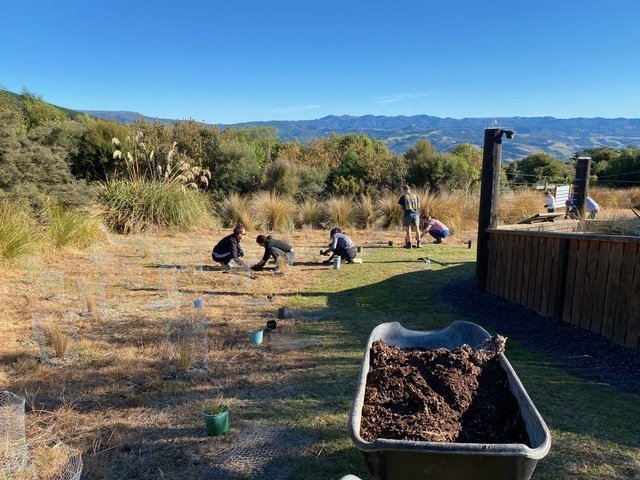
Should you find a desire in yourself to give back to te taiao, exercise while being inundated with birdsong, or perhaps connect with friends or colleagues while making tangible benefit to the sanctuary — think of volunteering here at Orokonui. Maybe you have relevant skills you’d like to share with us, or maybe you’d like to gain skills! But even if it does just boil down to "I want to" — reach out, we’d be so happy to have you join us.
Sophie Bond has been serving as volunteer co-ordinator and ranger at Orokonui since October 2023.
In this weekly column, writers address issues of sustainability.




